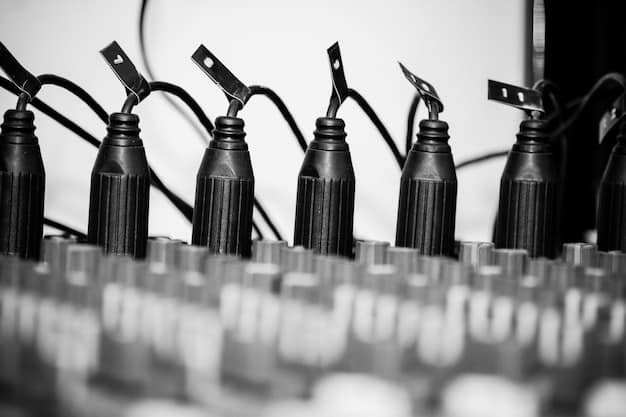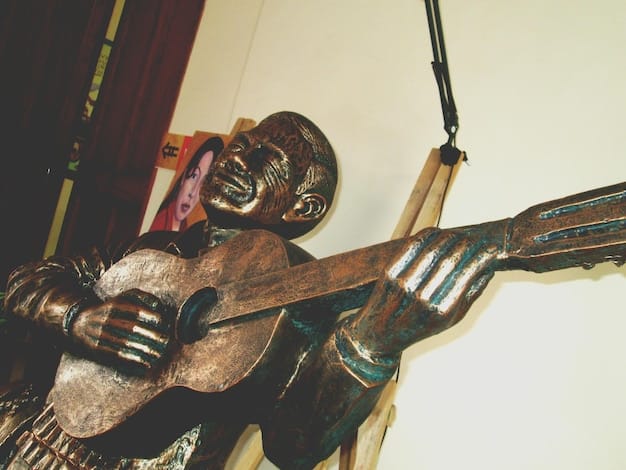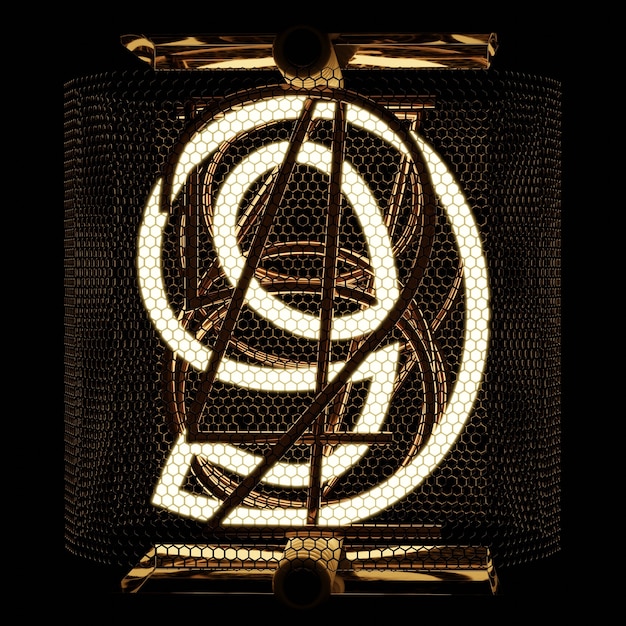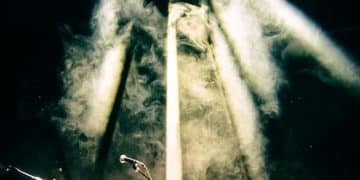Avant-Garde Metal: Exploring Experimental Sounds and Structures

Avant-garde metal is a subgenre of heavy metal characterized by its experimental approach, unconventional song structures, and incorporation of elements from various musical genres, pushing the boundaries of traditional metal.
Step into the eccentric and exhilarating realm of avant-garde metal, a subgenre that defies conventions and embraces experimentation. This isn’t your typical headbanging fare; it’s a sonic exploration that challenges the very definition of metal music. Get ready to delve into the fascinating world of unconventional sounds and structures that define this unique and boundary-pushing style.
What is Avant-Garde Metal?
Avant-garde metal, also known as experimental metal, is a subgenre characterized by its willingness to break away from traditional metal conventions. It explores unusual sounds, incorporates influences from diverse musical styles, and often features complex and unpredictable song structures. It’s a daring and progressive approach to metal that seeks to challenge and redefine the genre.
Key Characteristics of Avant-Garde Metal
Several factors contribute to what makes avant-garde metal so unique. These factors create an experience that is both challenging and rewarding for listeners eager to hear something beyond the norm.
- Experimental Instrumentation: Incorporating unconventional instruments and sound manipulation techniques.
- Complex Song Structures: Avoiding traditional verse-chorus structures in favor of more unpredictable forms.
- Genre Fusion: Blending metal with elements from jazz, classical, electronic, and other genres.
Avant-garde metal bands are known for their willingness to push the envelope, creating music that sounds both familiar and utterly alien. The emphasis is always on artistic expression and innovation, often at the expense of accessibility.

Notable Artists and Their Contributions
Several bands have been instrumental in shaping avant-garde metal into what it is today. These artists experimented, innovated, and bravely challenged the status quo. Their impact is still felt within the genre.
Igorrr
Known for their utterly unconventional blend of baroque music, breakbeat, and extreme metal, Igorrr creates a sound that is both chaotic and meticulously crafted. Their music is often described as “avant-garde” due to their unique combination of genres.
Sleepytime Gorilla Museum
This band combined elements of progressive rock, avant-garde, and metal to create theatrical and highly unconventional music. Sleepytime Gorilla Museum was lauded for their complex compositions and strange instrumentation before disbanding.
Unexpect
Unexpect created a unique brand of avant-garde metal that incorporated elements of black metal, progressive metal, and even circus music, resulting in a sound that was both bizarre and technically impressive. Unfortunately, they are no longer active.
Ultimately, these bands represent just a fraction of the expansive and eclectic world of avant-garde metal, but they effectively showcase the genre’s broad capabilities.
The Influence of Other Genres
One of the defining characteristics of avant-garde metal is its tendency to incorporate elements from a diverse range of musical genres. This blending of styles results in a sound that is distinctly different from traditional metal.
Avant-garde metal might incorporate elements of classical, such as lush string arrangements or complex harmonic progressions, alongside the raw energy of metal. Moreover, many bands incorporate jazz harmonies, improvisation, and unusual time signatures into their music.

These outside influences create a sense of depth and complexity that keeps listeners repeatedly returning for more. Furthermore, it challenges what listeners consider to be musical “rules,” allowing them to think about how the metal genre can evolve.
The Role of Experimentation
Experimentation is at the heart of avant-garde metal. Bands in this subgenre are constantly pushing the boundaries of what is considered acceptable in metal music, often using unconventional instruments, recording techniques, and performance styles.
Sound Manipulation
Many avant-garde metal bands employ extensive sound manipulation techniques to create unique and unusual soundscapes. This may involve using synthesizers, effects pedals, and other electronic devices to alter the sound of traditional instruments or to create entirely new sounds.
Unconventional Instruments
Experimentation in avant-garde metal often extends to the use of unconventional instruments such as violins, cellos, saxophones, and even found objects. These instruments can add unique textures and timbres to the music.
Using creativity and innovation can push boundaries, transforming what we know music to be. Many bands find that experimenting with sounds can allow them to fully express what they hope to say, and it is this freedom that ultimately makes the subgenre so engaging.
How to Approach Listening to Avant-Garde Metal
Listening to avant-garde metal can be a challenging but ultimately rewarding experience. Because it can often be jarring, off-putting or altogether “strange,” many people may find it difficult to appreciate the genre.
- Be Open-Minded: Approach the music with an open mind and a willingness to accept new and unusual sounds.
- Listen Actively: Pay attention to the details of the music, such as the instrumentation, the song structures, and the overall atmosphere.
- Explore Different Artists: Sample the work of different avant-garde metal bands to find those that resonate with you.
Ultimately, listening to avant-garde metal is a deeply personal experience. There is no right or wrong way to approach it, as your end enjoyment matters most. With the right mindset, it can be a pathway to musical exploration and appreciation.
The Future of Avant-Garde Metal
The future of avant-garde metal looks bright, as there is a growing interest in experimental and unconventional music. As more artists embrace experimentation and push the boundaries of the genre, we can expect to see even more diverse and innovative music in the years to come.
Technology will play an increasing role in avant-garde metal, with bands using new software and hardware to create unique and innovative sounds. This could lead to the development of entirely new subgenres and styles within avant-garde metal, something which many listeners look forward to.
In conclusion, the future of avant-garde metal relies on the continued dedication of artists and listeners willing to explore new sonic territories, ensuring that the subgenre remains a vibrant and exciting force in the world of music.
| Key Concept | Brief Description |
|---|---|
| 🎸 Experimental Sounds | Use of unconventional instruments and effects. |
| 🎼 Unconventional Structures | Song forms that break from traditional metal. |
| 🎻 Genre Fusion | Blending metal with jazz, classical and electronica. |
| 🎤 Notable Artists | Igorrr, Sleepytime Gorilla Museum, and Unexpect. |
Frequently Asked Questions
▼
Avant-garde metal is defined by its experimental nature. It diverges from traditional metal, incorporating diverse elements and unusual song structures.
▼
Key artists include Igorrr, known for blending baroque music with metal, and Sleepytime Gorilla Museum, exploring progressive and avant-garde sounds.
▼
Unlike traditional metal, avant-garde metal frequently uses unconventional instruments, complex compositions, and influences from non-metal genres.
▼
Avant-garde metal is influenced by jazz, classical music, electronic music, and more. This blending creates its unique and experimental sound.
▼
Experimentation is crucial because it drives the genre forward. It leads to new sounds, techniques, and styles that challenge musical boundaries.
Conclusion
Avant-garde metal stands as a testament to the boundless possibilities within music. By embracing experimentation, unconventional structures, and diverse influences, it continues to evolve and challenge listeners’ expectations. Its future promises exciting new directions, ensuring that it remains a vibrant and innovative force in the metal landscape.





